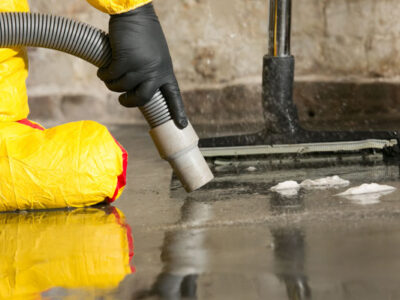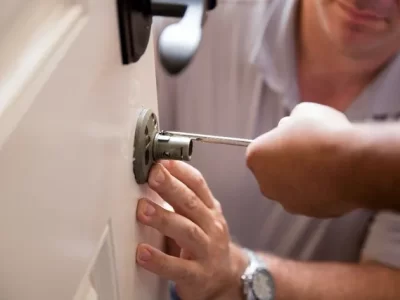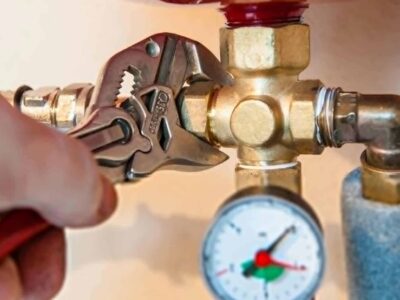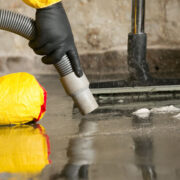For both buyers and sellers, home inspections are an essential component of the house-buying process. Foundation, electrical, plumbing and roof concerns are the most typical house inspection nightmares.
Electrical and plumbing issues may be complicated and hazardous, and foundation concerns are sometimes the most costly to rectify. Because of the constant exposure to the weather, roofs are a key source of worry. Fortunately, buyers and sellers may take precautions to prevent these disasters.
Before placing their house on the market, sellers might, for example, arrange for a pre-inspection. This will allow you to catch any possible issues before the buyer does, allowing you to fix them before the sale is finalized.
Additionally, buyers have the option of purchasing a house warranty to protect themselves from having to foot the bill for repairs that are discovered during the inspection. Buyers and sellers may avoid the most frequent house inspection disasters by following these tips.
Before completing a purchase, prospective homeowners should have a house inspected by a professional to determine the current state of the property. However, house inspectors may uncover issues that create delays or even cause the transaction to be halted.
You should take a deep breath and attempt to stay cool if your house inspector discovers an issue. Assessing the condition and making a decision about requesting a repair credit from the vendor will be your next step In some circumstances, the issue is trivial and may be fixed quickly.
If the problem is more serious, you may want to think about walking away from the agreement entirely. Remember that buying a house is a significant financial commitment, and you should only proceed if you are completely satisfied with the property’s current state.
If you’re going through the house purchasing process, you’ll want to be sure that the inspector has access to every room. To begin preparing for your inspection, have the realtor take you on a tour of the property. Notate any difficult-to-reach places like crawl spaces and attics.
You should spend some time removing any obstructions that could hinder the inspector’s work after identifying these places. Additionally, keep a copy of any relevant information, such as receipts for recent repairs or maintenance, close to hand. You can guarantee that your home inspection runs easily and quickly by following these easy procedures.
Make sure you do your research and properly check the property before placing an offer on a house. When doing your own home inspection, there are a few things you should keep an eye out for.
To begin with, look for any visible indicators of damage or repairs that need to be done. Things like water stains on the ceilings, foundation cracks, and peeling paint are all examples of this. The electrical and plumbing systems in the house should also be thoroughly examined to ensure that they are up to code.
Be alert to any weird sounds or odors that may suggest the presence of mold or bugs. You might avoid making an expensive mistake if you take the time to thoroughly evaluate a property.
Prior to making a final decision on a house, you should inspect it to ensure that it’s in excellent working order. It’s possible to save money by hiring a professional home inspector, but their services might be pricey. So, should you hire a professional home inspection, or can you save money by doing it yourself?
Making this choice will need careful consideration of a number of things. Do you have any previous experience with house inspections?
It’s advisable to employ someone who is knowledgeable with the procedure if you aren’t.
First of all, how much time do you have for this? If you don’t have a lot of time, it may be best to hire a professional to do a home inspection. Last but not least, how confident are you in your ability to handle minor repairs? The best alternative is to hire a professional if you’re not prepared to cope with any concerns that may arise during an inspection.
Does this mean that you should always have a professional home inspector do the inspection for you? To address the question, there is no simple response. It all comes down to your own situation. Most of the time, however, it’s a wise investment.
Fortunately, there are steps you can do to ensure that your home inspection goes well. You may avoid expensive repairs in the future if you are proactive and aware of prospective issues.
During your pre-purchase tour, familiarize yourself with the warning signs of a poor house inspection and be prepared to ask plenty of questions of your inspector. Your ideal house won’t turn into a complete nightmare by following these basic guidelines.













Comments